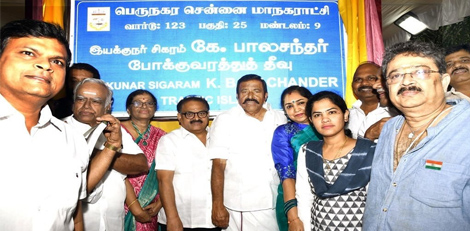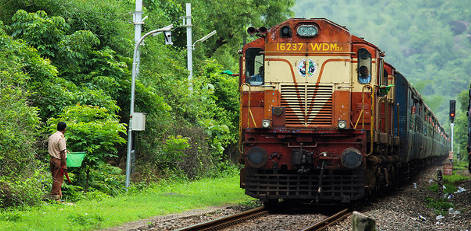By the year 2025, TN to have 48% shortage in the skilled work force
Posted on: 01/Aug/2019 9:59:16 AM

Manufacturing, education, health, construction, IT/ITES are regarded as key areas are known. It is now said that the state of Tamil Nadu would need 32 lakhs skilled as well as semi skilled workers in the above mentioned key areas over the next 6 years. The shocking information is TN would have 48% shortage of skilled workforce if things continue to go in this direction. This was according to the study conducted by the poplar PwC or PricewaterhouseCoopers for the Tamil Nadu Skill Development Corporation or TNSDC.
For the purpose of study, PwC surveyed as many as 11,520 youths in 193 blocks covering all the districts of TN. The information collected is based on this survey TNSDC is preparing district skill development plans or DSDP focusing on region wise requirements and training. This is the first ever exercise done in the state of TN. Employer survey was also conducted by PwC and it covered as many as 1076 large, small, medium and macro industries in key sectors that defined the economy of the districts in TN.
It was pointed out by a top official that that Identifying sources of self and wage employment in all the 32 districts in TN was carried out to estimate sector wise current and future labour demand by the industry.
The sources have revealed that in Coimbatore district there were more jobs in automobile and textile sectors but shortage of skilled workers is an issue. Instead of offering common skill training programmes, TNSDC would be involved in the training of youths in these areas. Over the next 6 years, the manufacturing sector would add 10 lakhs skilled and semi skilled jobs. This was as per the study conducted by PwC.
There would be more than 3 lakhs skilled jobs in various sectors like education, health and construction etc. It is worthy to note that IT services sector/communication/Information technology would add 2 lakh skilled jobs. Sectors such as real estate and business services, trade and repair services, allied activities of agriculture and logistics would add more than 1 lakh jobs.
It was found by the study that disparity existed between the wages youths expected and what the market offered. Those who have completed graduation and above expected an average salary of Rs 24,737 but the industry offered them Rs 11,935.
The officials have pointed out that of the respondents more than 25 percent aspire for jobs in public sector and 29 percent prefer self-employment. For the selection of work, salary, social status and job security were the key determinants. Point is men and women differed in their choices of the jobs. It is revealed that more than 14 % men showed more interest towards auto and auto components and 20 % women preferred food processing.







